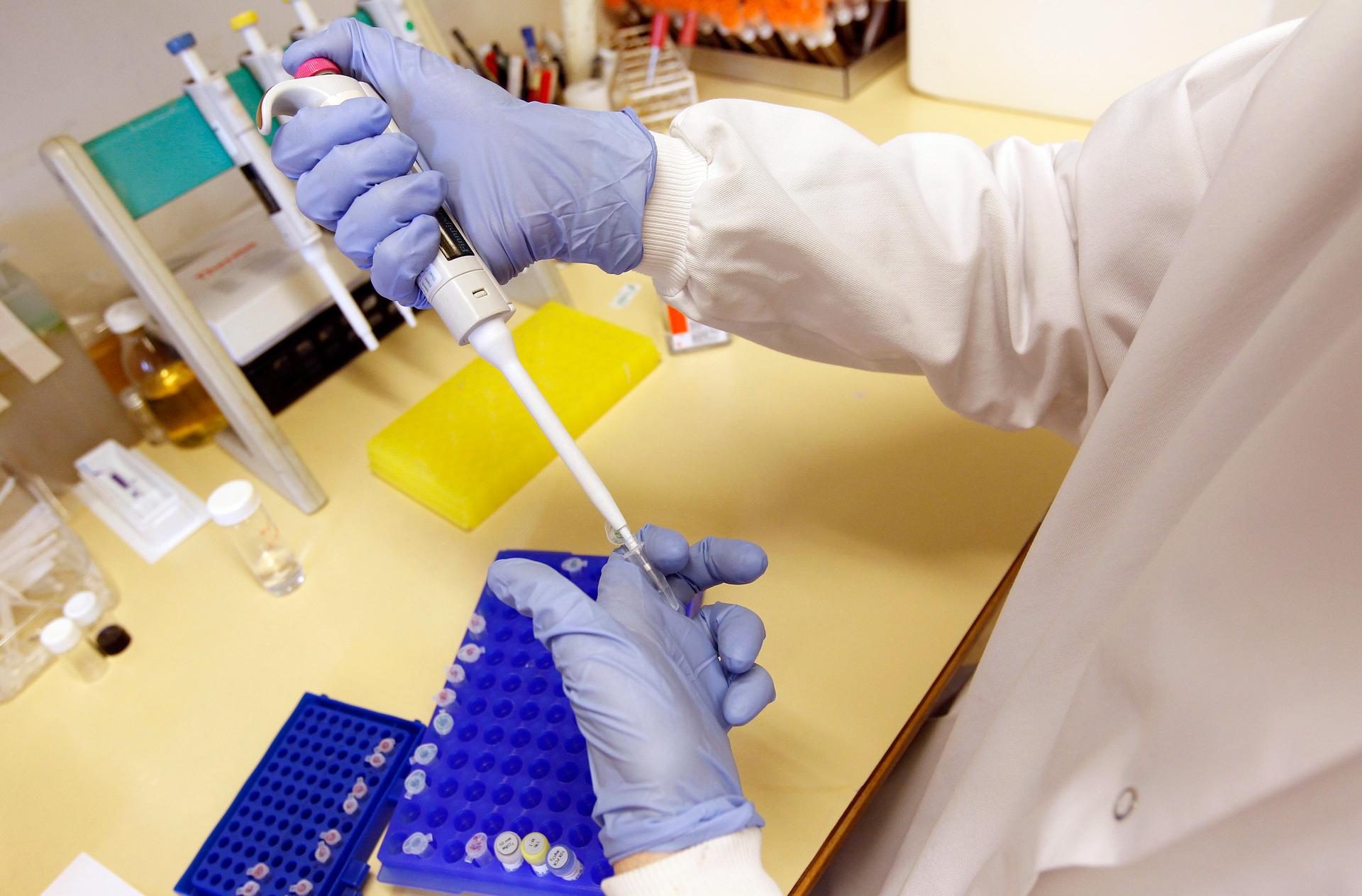‘Merchants of doubt’ looks at ‘experts’ peddling junk science to the public
The relationship between scientists and corporate America is increasingly hazy.
We see them all the time on the news, on talk shows and on seemingly informative televised debates: The scientists and experts who help us to better understand the big issues facing society — everything from consumer safety to climate change.
But many of these so-called experts are also firmly in the pockets of the corporations and special interest groups who benefit from their research findings. An expert working for tobacco company R.J. Reynolds, for example, may tell us that there are doubts about the long term health effects of smoking. Similarly, an expert working for Exxon may tell us there are doubts about climate change being a real threat to the planet.
What's more surprising is the incredible sway these so-called experts have over policy, laws, what we buy in stores and how the public perceives different issues. And now a new film called "Merchants of Doubt" delves into the work of the corporate-paid experts in our world, and why so many of us are willing to believe them.
“We see this [doubt movement] growing out of tobacco — for 50 years, people were able to create doubt where there was no doubt,” says Robert Kenner, the film’s director. “They were kind of masterful at it.”
Many of the scientific experts originally hired by big tobacco have since shifted their focus toward other industries as public awareness and acceptance of the risks of smoking have been cemented in American culture.
“They’ve ultimately gone on to the biggest payday, which is now climate change,” says Kenner. “It’s not one group — many of these [businesses] are just looking to delay, like the tobacco guys did, for as long as possible. And they’re really good.”
oembed://https%3A//www.youtube.com/watch%3Fv%3Dj8ii9zGFDtc
Kenner says all of today’s “doubtmeisters” learned at the feet of the old masters from the Marlboro days.
“I spoke to Peter Sparber, who was masterful at working for tobacco,” says Kenner. “He helped slow down legislation on a slow burning cigarette. He was able to convince people it was not cigarettes that cause house fires, it was couches. He was able to make a law that [requires] chemicals to be put in these couches. It turned out it didn’t prevent fires and it also caused cancer.”
Sparber, who was interviewed for the film, told Kenner that if a person can successfully create doubt around tobacco products, they can do it with just about anything.
“He said, ‘You could take James Hansen, the leading climate scientist, and I could take a garbage man and I could get America to believe that the garbage man knows more about climate change than Hansen does,’” says Kenner. “[Sparber] is a very talented man.”
Kenner says that these so-called “merchants of doubt” have been able to thrive due to the media. Many news outlets and talk shows allow these scientists to go unchallenged. When coupled with shrinking newsrooms and fewer reporters and investigative journalists, evaluating these claims can at times be a Herculean task.
“They’re ready to pervert truth to create delay,” says Kenner. “When they knew their tobacco caused cancer, they weren’t going to go out and say that it doesn’t cause cancer. They say, ‘We need more studies.’ They’ll figure out language that allows them to continue that doubt and delay, but they’ll try not to be libelous about it. They are able to fool and ultimately confuse the public.”
These masters of doubt walk a fine line to ensure that the law is on their side, making sure to create enough skepticism without outwardly stating their claims, says Kenner. But there have been some small victories for the public: In 2012, a federal judge forced cigarette companies to spend their own money on public advertising campaigns admitting that they lied to the public about the dangers of smoking.
“It’s a shame it takes so long,” says Kenner. “I spoke to the Winston man and he said he was on the set one day and asked the executives, ‘Do you guys smoke?’ They said, ‘No, that’s for poor people, black people, and stupid people — we wouldn’t touch the stuff.’”
Instead of our health, Kenner says that the masters of doubt are now playing with our climate.
“But it also goes beyond climate,” says Kenner. “It could be any product; it’s about inconvenient science. We love science, as long as it doesn’t get in the way of profit.”
“Merchants of Doubt” opens in theaters March 6.
A previous version of this story contained audio that incorrectly suggested an MIT professor was "primarily" funded by a single corporation. That wasn't the case.
This story first aired as an interview on PRI's The Takeaway, a public radio program that invites you to be part of the American conversation.
